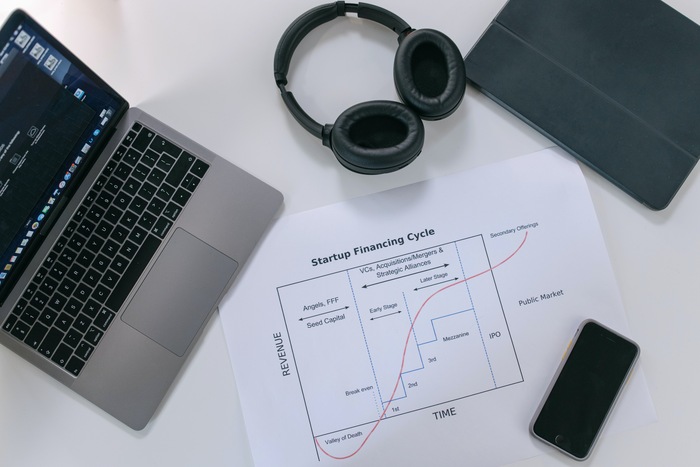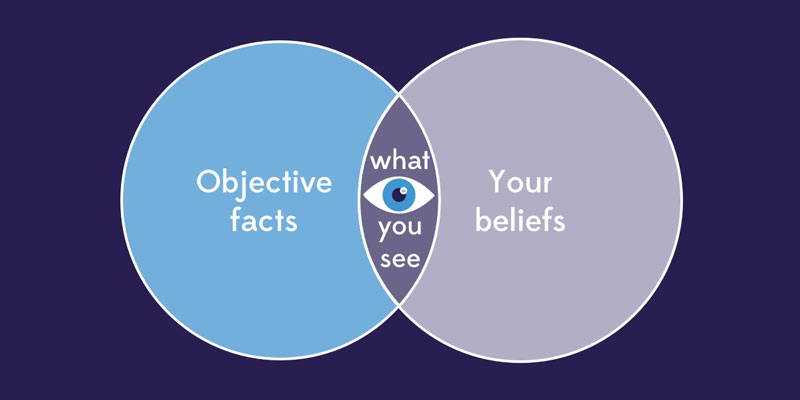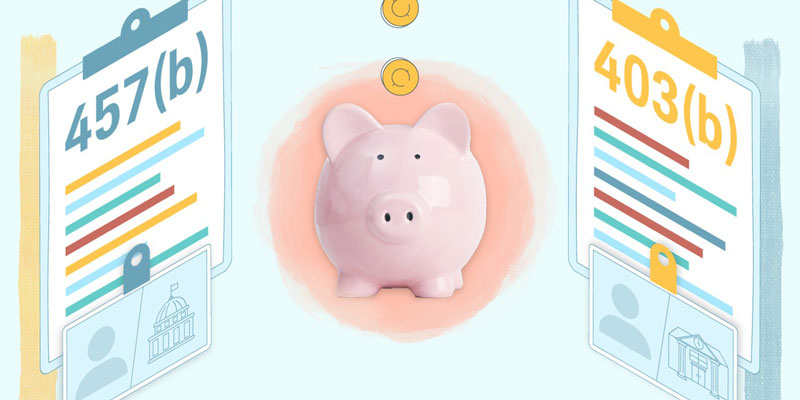Bet on Your Future: Colleges with the Best Return on Investment
Aug 30, 2023 By Susan Kelly
The world of higher education has changed in recent years, and students are taking notice. Now more than ever before, potential college-goers are looking for the institutions that will give them the best return on investment (ROI). With tuition costs increasing each year and job markets becoming more competitive, students are seeking out colleges that offer great ROI.
In this blog post, we’ll explore the concept of ROI in higher education and the factors contributing to it. We’ll take a look at the top 5 colleges with the highest return on investment and examine some case studies from successful graduates. Lastly, we’ll provide a step-by-step guide for calculating ROI. Let’s get started!
Understanding Return on Investment (ROI)
Return on investment, or ROI, is the measure of how much money and resources students are likely to get out of their college experience, relative to what they put into it. In other words, it’s a way for potential students to calculate the value of their education by looking at factors such as tuition costs, job prospects after graduation, and quality of education.
ROI is an important concept in higher education because it helps students gauge which schools offer the best value for their money. By understanding ROI, students can better prioritize their educational goals and decide which college to attend with confidence.
Factors Influencing ROI in Colleges
Considering the ROI of a college involves multiple factors:
- Tuition and associated costs
- Potential earnings after graduation
- Job market and salaries in the field of study
- Quality of education and student experience
- Academic rankings and student reviews
Top 5 Colleges with High ROI
Now that we’ve covered the basics of college ROI, let’s take a look at the top 5 colleges with the highest return on investment:
1.Harvard University
Harvard University is consistently ranked as one of the top universities in the world and offers a respectable ROI. According to PayScale’s 2020-21 College ROI Report, Harvard has an average 15-year net return on investment of $608,400—the highest of all schools listed. It also boasts an impressive graduation rate of 97%, ensuring that its students are successful in their studies.
2.Stanford University
Stanford University ranks second on the list, with an average 15-year net return on investment of $570,500. It’s also known for its high quality of education and excellent faculty members. With a 97% graduation rate, Stanford graduates are in high demand, which is a testament to the school’s commitment to providing students with an enriching education.
3.Massachusetts Institute of Technology (MIT)
Massachusetts Institute of Technology (MIT) proudly secures the third spot on the list, boasting an outstanding average 15-year net return on investment of $543,800. This prestigious institution stands out not only for its remarkable financial outcomes but also for its exceptional commitment to student success.
With top-notch job placement and career services, MIT ensures that students are well-equipped to thrive in their chosen fields. Additionally, the impressive 92% graduation rate speaks volumes about the institute's dedication to academic excellence and the holistic development of its students.
4.University of California-Berkeley
The University of California-Berkeley is fourth on the list, with an average 15-year net return on investment of $527,400. It has a 95% graduation rate and its graduates are highly sought after by employers—especially those in the tech industry.
5.Princeton University
Princeton University, rounding out the top 5, has an exceptional average 15-year net return on investment of $516,400. Renowned for its robust academic programs and esteemed faculty members, Princeton University stands out as a leading institution. Furthermore, boasting an impressive 96% graduation rate, it ranks among the highest in the country, ensuring a successful educational journey for its students.
Case Studies from Alumni
Trying to get a good understanding of ROI in higher education? Take a look at these case studies from successful alumni who chose their college wisely and got the most out of their investment.o get a better understanding of how these colleges translate into real-world success, here are some case studies from successful alumni:
1.Steve Rogers
Steve Rogers is an alumnus of Harvard University, one of the schools listed above as offering a high ROI. After graduating from Harvard, Steve was offered a job at a prominent tech company and is now making six figures a year. He attributes his success to the rigorous academic program he experienced at Harvard, as well as the excellent networking opportunities he had while attending.
2.Mary Smith
Mary Smith is an alumna of Stanford University, another one of the top-ranking schools with a high ROI. After graduating, Mary was offered several job opportunities in her field and was eventually hired by a global marketing firm. She credits her success to the well-rounded education she received and the quality of networking opportunities available at Stanford.
How to Calculate Your College's ROI?
With the right tools, students can calculate their potential college's ROI themselves. Websites like PayScale’s College ROI Report and the College Scorecard offer all of the data needed to make an educated decision about which school is most likely to provide a good return on investment. Additionally, there are many online calculators that allow users to input criteria such as tuition costs, graduation rates, and salary data to get a better idea of a school’s ROI.
Conclusion:
Return on investment is an important concept for students to understand when making the decision about which college to attend. Fortunately, by researching the top-ranking schools with high ROI and using online resources like PayScale, students can make an informed decision that will help them maximize their educational investment.
Overall, by understanding ROI in higher education and researching schools’ track records, students can make an educated decision about which college to attend with confidence. This way, they can ensure that their time and money are well spent and get the most out of their college experience.
FAQs
What college has the highest return on investment?
MIT has the highest average 15-year net return on investment of $543,800 according to PayScale's 2020-21 College ROI Report.
What is the ranking of Stevens Institute of Technology?
The ranking of the Stevens Institute of Technology can vary depending on the metrics used. For instance, in U.S. News & World Report's 2022 rankings, it placed 76th in 'National Universities' and 37th in 'Best Value Schools'. Always refer to reputable education ranking platforms for the most updated and accurate information.
What is the ranking of Rensselaer Polytechnic Institute?
As with any institution, the ranking of Rensselaer Polytechnic Institute (RPI) can change based on the ranking source and the specific criteria used. In U.S. News & World Report's 2022 rankings, RPI placed 53rd in 'National Universities'. It's always wise to check from multiple sources to get a comprehensive view of an institution's standing.





